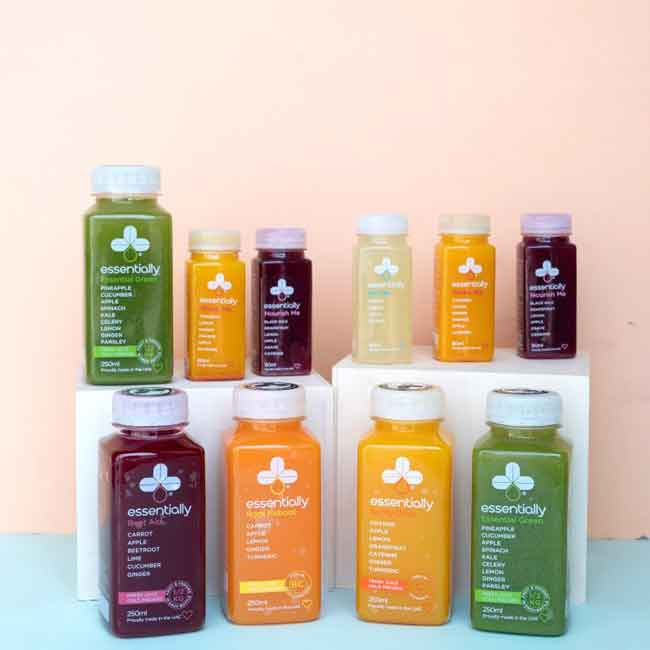As weight loss trends emerge and fade away, juice UAE continues to remain popular amongst dieters seeking rapid results. However, questions surrounding its efficacy persist: does juicing genuinely aid in shedding pounds, or is it merely another fleeting fad?
How juicing works for weight loss:
Juicing involves extracting liquids from whole fruits and vegetables, leaving fibrous pulp behind. This process creates concentrated concoctions packed with vitamins, minerals, and enzymes, delivering essential nutrients in an easily absorbable form. When incorporated into a calorie-restricted diet, proponents argue that juicing supports metabolic functions, promotes detoxification, and enhances satiety.
Merits of juicing for weight loss:
Nutrient boost: Juicing floods the system with micronutrients, promoting overall health and supporting weight loss efforts by optimizing cellular processes.
Easy digestibility: Removing insoluble fiber enables quick absorption of nutrients, reducing stress on the digestive tract and permitting higher volume intake without feeling uncomfortably full.
Increased vegetable consumption: Encouraging the inclusion of leafy greens and vibrant produce, juicing facilitates greater vegetable consumption, contributing to enhanced nutrition and satiation.
Drawbacks of juicing for weight loss:
Caloric restrictions: Adhering to a strict juicing regime necessitates drastic calorie reduction, which may result in temporary weight loss but poses challenges regarding sustainable maintenance.
Limited protein intake: Plant-based juices rarely provide sufficient protein required for proper tissue repair and growth, jeopardizing lean mass preservation during weight loss.
Rapid sugar absorption: Concentrated fruit juices introduce swift sugar uptake, triggering insulin secretion and subsequent fat storage. Excessive reliance on fruit juices may disrupt blood sugar regulation and foster dependency on sweeter profiles.
Fiber deprivation: Discarding pulp eliminates insoluble fiber, responsible for maintaining gut integrity and fostering feelings of fullness. Persistent juicing deprives the body of critical roughage needed for proper bowel movements and satiety management.
Verdict:
Juicing alone seldom proves effective for sustained weight loss due to inherent limitations concerning calories, macronutrients, and fiber intake. Nevertheless, integrating moderate portions of freshly pressed juices into a balanced diet complemented by solid foods can support weight loss goals through heightened nutrient availability, augmented vegetable consumption, and efficient digestion. Emphasizing green vegetable juices over predominantly fruit-based mixtures further mitigates concerns related to rapid sugar absorption and hormonal imbalance.




